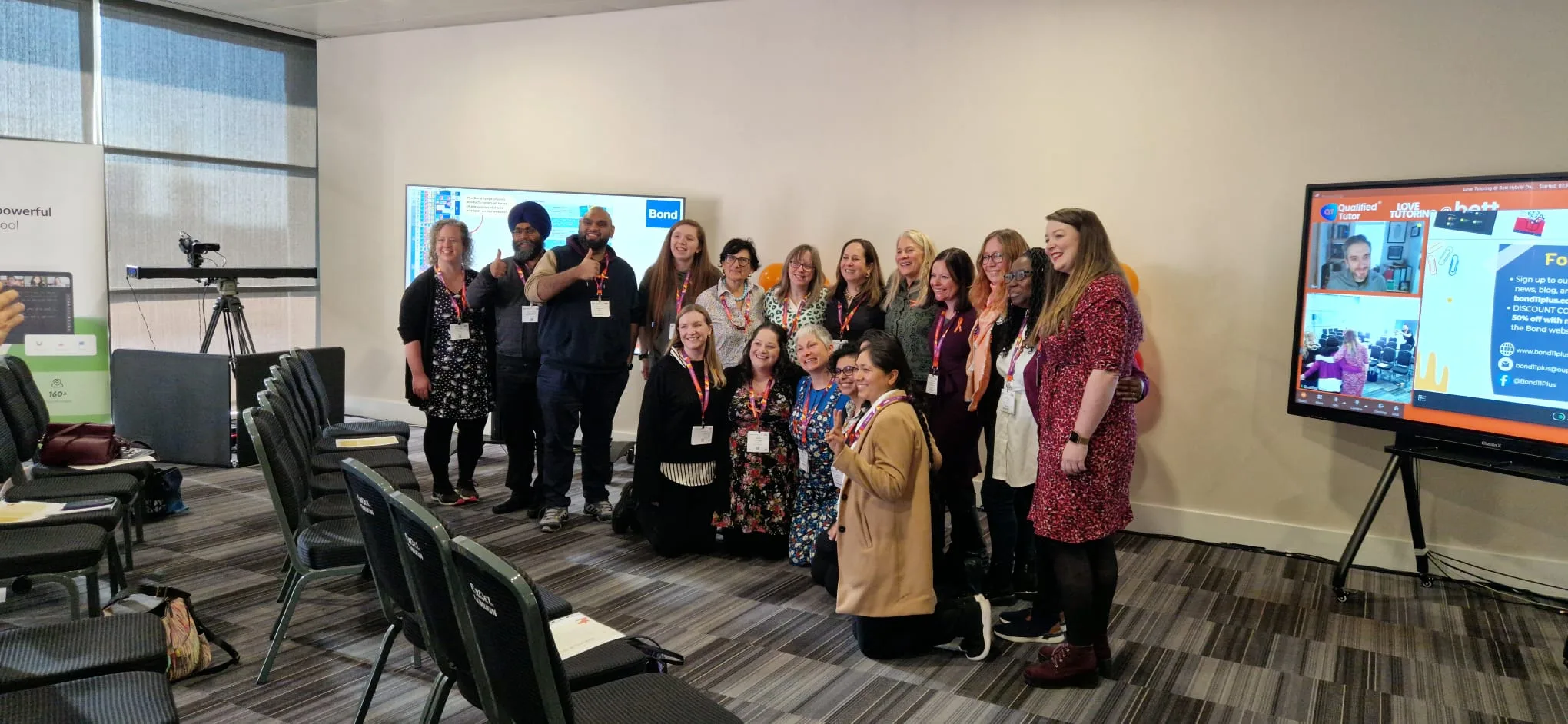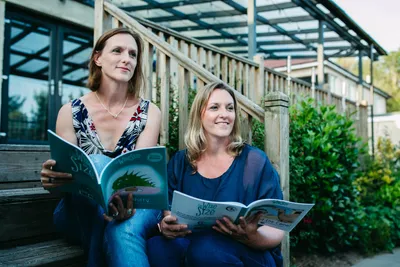
What is the truth? Well, as pointed out in the second post of this series, the truth is relative to our understanding. All very philosophical, but true nonetheless. Or is it … ?
Once we have realised that the truth may be different depending on whose perspective we are learning from, it can (temporarily) become harder to manage challenging behaviour. We are conditioned to understand right and wrong as binary ideas. We are also conditioned, in the UK, to seek punitive justice for wrongdoers.
I think the idea of community is a really important part of how we manage behaviour and support young people with their challenges in the classroom. It is easy to forget, as a tutor, that we are part of a broad network of people that form a community around the child. They have other tutors and education professionals, they have at least one parent or carer, they have their peers, their wider family.
As a tutor, we are often working outside of the systems that support teachers in managing behaviour. By that, I mean that we usually can’t fall back on a detention or other form of punishment when a student is misbehaving. We have to rely on something else. “What else?” I hear you cry.
Well …
We must understand that we are a community, not a criminal justice system, and our actions need to be about whatever we can do at this time, with the resources we have in the moment, to make this situation a little better.*
So, what can you do right now? What do you already have available to you? What does ‘a little better’ look like?
_______________________
*Chapter 6: Building a Culture of Consent. Easton, D. and Hardy, J.W. (2017). The Ethical Slut : a practical guide to polyamory, open relationships and other adventures. 3rd ed. California: Ten Speed Press.
Recommended Posts
The importance of cheerleaders in your tutoring
What a powerful session today in Supervision Circles! May is all about growth - whether it's in our businesses, our health, our family life, or simply finding joy in our everyday moments. Today, we dove into the essence of growth using the 4 Helpful Lists tool, and...
Exploring Growth Through Reflection: A Dive into Supervision Circles for Qualified Tutors
In the dynamic world of tutoring, where every day brings new challenges and opportunities, the journey of professional growth is a constant evolution. As tutors, we strive not only to empower our students but also to enhance our own skills and practices continually....
Analysis of the Recent Ofqual Review of the Assessment of Reformed Functional Skills – by Pete Middleton
After having read through the recent Ofqual publication three times, it does not become easier to break down exactly what the issues are and what the solutions might be. I have been left with the thought. ‘How can I unravel this and set it out in a plain written...



0 Comments